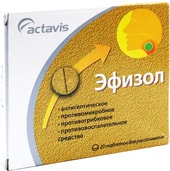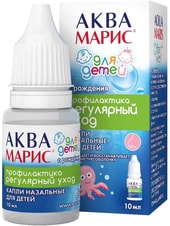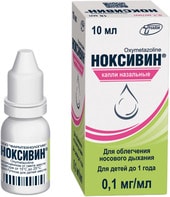Nephrodin, containing calcium acetate, is a phosphate binder indicated for the management of hyperphosphatemia associated with chronic kidney disease (CKD) in dialysis patients (hemodialysis and peritoneal dialysis). Dietary restriction and phosphate elimination alone are often insufficient to control serum phosphate levels in CKD; therefore, phosphate binders are necessary to reduce phosphate absorption in the gastrointestinal tract. Calcium acetate works by forming insoluble calcium phosphate salts with dietary phosphate, promoting their elimination through the bowel.
Nephrodin demonstrates superior phosphate-binding capacity compared to other calcium salts, with significantly reduced intestinal calcium absorption. Its phosphate-binding ability is twice that of calcium carbonate. Approximately 1 gram of elemental calcium per day is generally considered sufficient to bind excess phosphate from a typical protein diet.
Nephrodin should be taken with each meal. The recommended adult dose is 2 capsules per meal. The daily dose may be increased to 10-12 capsules if needed, but the maximum recommended daily intake of elemental calcium is 1.5 grams (equivalent to 10-12 capsules). Consult your physician before use.
The dosage can be adjusted as needed, up to a maximum of 12 capsules per day. For optimal phosphate binding, Nephrodin should be taken only with meals. To avoid potential interactions, do not take other oral medications within 2 hours before or after taking Nephrodin. If a dose is missed, take the next dose at the usual time; do not double the dose. Nephrodin can be used for extended periods.
Gastrointestinal disturbances such as stool softening, GI irritation (nausea, fullness, belching, constipation, diarrhea) may occur. Mild hypercalcemia (Ca > 2.6 mmol/L) may occur in approximately 1% of patients and may be asymptomatic or manifest as constipation, nausea, and vomiting. In rare cases, moderate to severe hypercalcemia with associated symptoms can occur.
Calcium salts should be avoided in patients with calcium kidney stones or a history of kidney stones. Use caution in patients with conditions associated with hypercalcemia, such as sarcoidosis and certain malignancies.
Continuous monitoring of serum phosphate and calcium levels, as well as the phosphate-calcium product, is essential, especially when co-administered with vitamin D and thiazide diuretics.
Phosphate binder therapy should be preceded by dietary counseling regarding phosphate intake and may depend on the type of dialysis treatment.
Concurrent use of vitamin D metabolites may increase the risk of hypercalcemia in CKD patients taking Nephrodin.
Large amounts of calcium salts in the gastrointestinal tract can lead to precipitation of fatty acids and bile acids as calcium salts, potentially causing constipation.
Patients should consult their doctor before taking calcium-containing antacids to avoid excessive calcium intake. Reduce the Nephrodin dosage if diarrhea occurs.
Nephrodin does not affect the ability to drive or operate machinery.
Phosphate binders should not be taken concurrently with iron preparations and certain antibiotics, as this may reduce the efficacy of both.
Calcium Acetate - 425 mg
Dietary Supplement. Not a drug.
Keywords: Nephrodin, Calcium Acetate, Phosphate Binder, Chronic Kidney Disease, CKD, Hyperphosphatemia, Dialysis, Hemodialysis, Peritoneal Dialysis, Kidney Failure, Renal Failure, Calcium Supplement, Phosphate Control, Dietary Supplement





